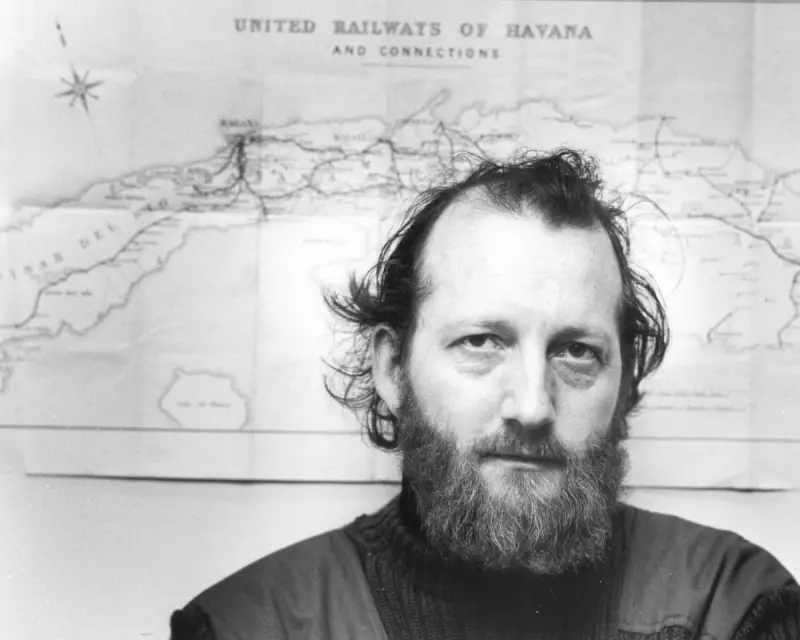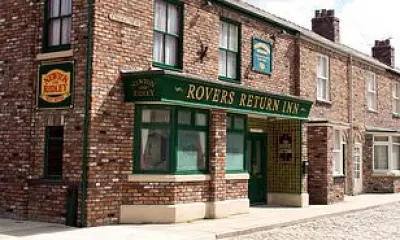
The journalism world mourns the passing of Richard Gott, the former Guardian features editor and correspondent whose radical perspectives and controversial career spanned decades of international reporting. Gott died peacefully at his London home on October 22nd, 2025, at the age of 84.
A Radical Voice in Mainstream Journalism
Gott's career at The Guardian, where he worked from 1965 to 1995, was defined by his unwavering support for anti-colonial and liberation movements across the globe. His reporting took him to conflict zones and revolutionary hotspots, from Latin America to Africa and Asia, where he developed close relationships with revolutionary leaders including Fidel Castro and Che Guevara.
Controversial Connections and Critical Reporting
Throughout his career, Gott maintained that his role was to explain revolutionary movements to British readers, even those deemed controversial by Western governments. His critical stance on American and British foreign policy, particularly regarding Latin America, established him as one of Britain's most distinctive radical journalists working within the mainstream press.
The Wikipedia Editing Scandal
In 2012, Gott's relationship with The Guardian came to an abrupt end when it was revealed he had been anonymously editing Wikipedia articles about himself and other journalists while being paid to write entries for the online encyclopedia. The scandal marked a dramatic conclusion to his long association with the newspaper, though he continued writing for other publications including the Morning Star.
Early Life and Education
Born in 1941 to a family with connections to the British establishment, Gott's radicalisation began during his time at Cambridge University, where he became involved in the New Left movement. His early career included a stint at the Times Literary Supplement before joining The Guardian, where he would make his most significant impact.
Legacy and Later Years
Despite the controversy that ended his Guardian career, Gott remained a respected voice on Latin American affairs and continued writing until his final years. His extensive body of work, including several books on revolutionary movements, ensures his place in the history of radical British journalism.
He is survived by his wife, three children, and a legacy that continues to inspire debate about the role of journalism in covering revolutionary movements.





